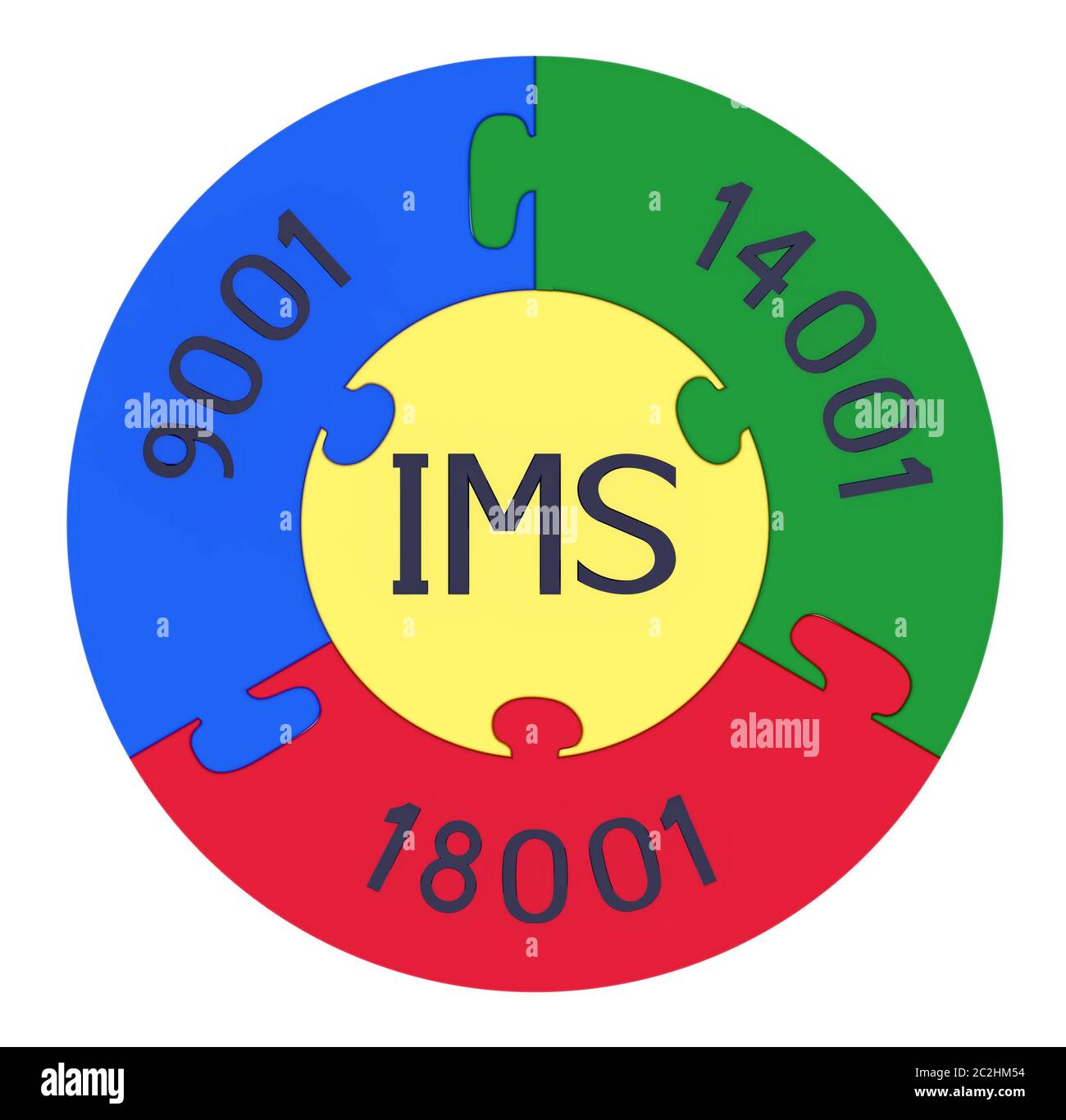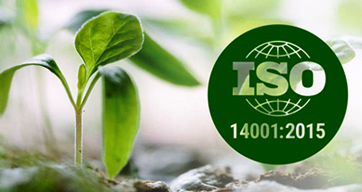

Implementing the policies and objectives hence fall in the ‘do’ stage Do: Planning is incomplete unless it has been put in place.

Plan to deliver outcomes that are apt to such policy, and objectives Develop relevant objectives and processes.
Plan: Establish an organizational environmental policy. Iso 14001 iso#
ISO 14001 is based on the PDCA (Plan, do, check and act) approach.
 To seek commitment from all level of organizations, specifically the top management towards the development of an effective EMS. To ensure that all firms irrespective of size and nature of business accommodate to various conditions. To develop considerations and accountability for legal requirements relevant to environment. To implement policies relevant to environmental aspects. Major changes should include understanding of the organization’s context in order to better manage risk, emphasis on relevant stakeholders, leadership to promote environmental management, the introduction of the concept of life cycle perspective and a shift towards improving environmental performance. Originality/value: Although 14001:2015 is not yet finished the author thinks organizations will have new tools for environment performance enhancement and the main question is how far ISO/TC 207 can go without alienating the "traditional" user. Social implications: The ISO 14001:2015 revision will have major impacts on the more than 300.000 worldwide certified organizations and on the many professionals that work with, hopefully Practical implications: There will be a 3 year transition process for the ISO 14001:2015 certification and major benefits like Quality Management Systems with less emphasis on documentation and new/reinforced approaches as consideration of organizational context and (relevant) Stakeholders, risk based thinking, life cycle perspective and more emphasis on improving environmental performance. Research limitations/implications: Since the revision standard is not yet finished some changes might still happen and some of the remarks expressed in this paper might not be consensual within the Environmental Community. Purpose: ISO 14001 is an International Standard of worldwide acceptance based on the concept that better environmental performance can be achieved when environmental aspects are systematically identified and managed giving a major contribution to Sustainability, through pollution prevention, improved environmental performance and complying with applicable laws.This paper aims to discuss the Sustainability approach through the use of Environmental Management Standards and the current process of ISO 14001:2015 revision.ĭesign/methodology/approach: Revisiting the concept of Sustainability, the status of the revision process of ISO 14001:2015 and its expected outcomes are discussed.įindings and Originality/value: It is one of the first attempts to analyze, within the Sustainability framework, the status of the revision of the future ISO 14001:2015 International Standard that will respond to the latest trends and is expected to further improve Environmental performance by impacting the work of many People and Organizations worldwide and also ensuring it is compatible with other management system standards such as ISO 9001.
To seek commitment from all level of organizations, specifically the top management towards the development of an effective EMS. To ensure that all firms irrespective of size and nature of business accommodate to various conditions. To develop considerations and accountability for legal requirements relevant to environment. To implement policies relevant to environmental aspects. Major changes should include understanding of the organization’s context in order to better manage risk, emphasis on relevant stakeholders, leadership to promote environmental management, the introduction of the concept of life cycle perspective and a shift towards improving environmental performance. Originality/value: Although 14001:2015 is not yet finished the author thinks organizations will have new tools for environment performance enhancement and the main question is how far ISO/TC 207 can go without alienating the "traditional" user. Social implications: The ISO 14001:2015 revision will have major impacts on the more than 300.000 worldwide certified organizations and on the many professionals that work with, hopefully Practical implications: There will be a 3 year transition process for the ISO 14001:2015 certification and major benefits like Quality Management Systems with less emphasis on documentation and new/reinforced approaches as consideration of organizational context and (relevant) Stakeholders, risk based thinking, life cycle perspective and more emphasis on improving environmental performance. Research limitations/implications: Since the revision standard is not yet finished some changes might still happen and some of the remarks expressed in this paper might not be consensual within the Environmental Community. Purpose: ISO 14001 is an International Standard of worldwide acceptance based on the concept that better environmental performance can be achieved when environmental aspects are systematically identified and managed giving a major contribution to Sustainability, through pollution prevention, improved environmental performance and complying with applicable laws.This paper aims to discuss the Sustainability approach through the use of Environmental Management Standards and the current process of ISO 14001:2015 revision.ĭesign/methodology/approach: Revisiting the concept of Sustainability, the status of the revision process of ISO 14001:2015 and its expected outcomes are discussed.įindings and Originality/value: It is one of the first attempts to analyze, within the Sustainability framework, the status of the revision of the future ISO 14001:2015 International Standard that will respond to the latest trends and is expected to further improve Environmental performance by impacting the work of many People and Organizations worldwide and also ensuring it is compatible with other management system standards such as ISO 9001.







 0 kommentar(er)
0 kommentar(er)
